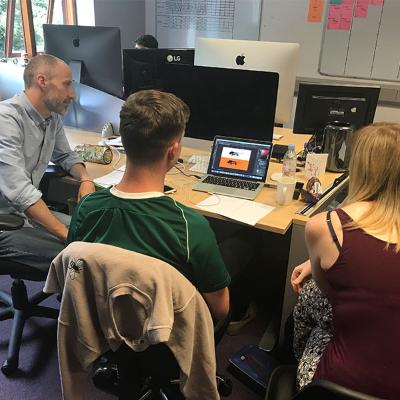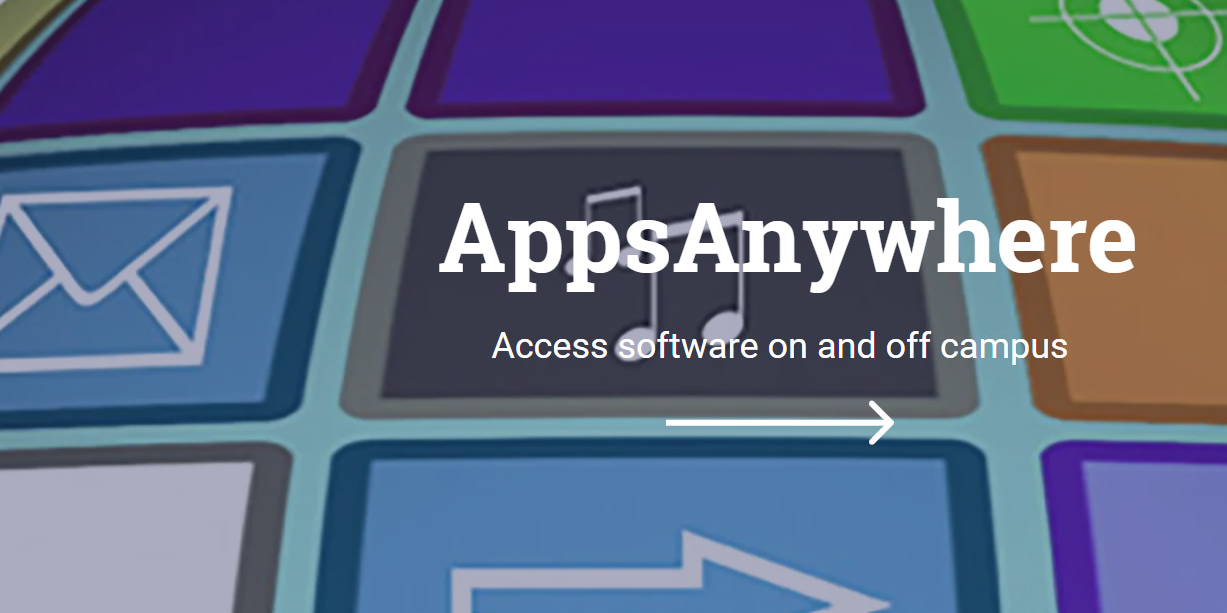
Learners navigating University
Tourette Syndrome (Ts) is often misunderstood, especially in academic settings, but when framed through a strengths-based lens, it reveals a story of resilience, creativity, and unique neurological wiring that can be a real asset in university life.
University learners with TS bring unique strengths to campus life:
-
Quick-thinking and adaptability from managing tics in dynamic environments
-
Creative expression through music, writing, or performance
-
Strong self-awareness and advocacy skills from navigating social and academic systems
With the right support—such as support from Accessibility, Disability & Inclusion, peer networks, and inclusive teaching practices—students with TS can flourish academically and socially.
Accessing Additional Support at University
University life can be exciting, but it also comes with challenges. Whether you're navigating academic pressures, personal circumstances, or simply looking for ways to feel more supported, there are a range of services available to help you thrive. These include both internal university teams and external organisations.
Below are some key support links you may find helpful.
- Disabled Students’ Allowance (DSA)
If you have a learning difficulty, health condition, or disability, you may be eligible for financial support through the UK government’s Disabled Students’ Allowance. This can help cover the cost of specialist equipment, non-medical helpers, travel, and other support to ensure equal access to education.
Learn more: Disabled Students’ Allowance (DSA)
- Students’ Union
Your Students’ Union is a central hub for student life, offering representation, advice, and opportunities to get involved in clubs, societies, and campaigns. They also provide support on academic issues, housing, wellbeing, and more.
Explore what’s available: Wolves Students’ Union Welcome 2025
- Mental Health and Wellbeing
Your mental health matters, and the University is committed to supporting your emotional and psychological wellbeing throughout your academic journey. Whether you're experiencing stress, anxiety, low mood, or simply need someone to talk to, there are a range of services available to help you feel heard, supported, and empowered.
The University’s dedicated Mental health and wellbeing page offers guidance on:
-
Accessing counselling and wellbeing services
-
Managing academic pressure and personal challenges
-
Finding self-help resources and workshops
-
Connecting with trained professionals for confidential support
You don’t have to wait until things feel overwhelming—support is available proactively and confidentially.
- Student Life Connect
In addition to university services, you can also access Student Life Connect, a free and confidential support service. It’s designed specifically for students in higher education and offers:
- 24/7 support via phone, text, webchat, and email
- Trained volunteers and mental health professionals
- Help with academic stress, loneliness, relationships, and more
- Resources tailored to student life and wellbeing
Whether you prefer speaking to someone directly or browsing helpful articles and tools, Student Life Connect is a flexible and accessible way to get support—anytime, anywhere.
Support resources
Here are some UK-based resources tailored for learners navigating university with TS.
-
UK’s leading charity for TS support and research.
-
Offers:
-
Online and in-person support groups
-
Webinars and training for students and educators
-
Helpdesk for advice and guidance
-
Resources for navigating education with TS
-
-
Also provides awareness campaigns and personal stories to reduce stigma and build community.
Here are some help sheets for learners about navigating University:
Guidance for People with Tourette Syndrome going to university
Transitioning to Higher Education with Tourette syndrome
The Brain Charity – Tourette Syndrome Support
-
Offers emotional support, counselling, and group therapy.
-
Practical help includes:
-
Employability coaching
-
Legal advice for disability rights
-
Help with new diagnoses and navigating university systems
-
Great Ormond Street Hospital – Resource List
-
Recommends books and toolkits like:
-
The Tourettes Survival Kit by Tara Murphy
-
Tic Talk by Dylan Peters (written by a 9-year-old with TS)
-
-
Includes downloadable tic explanation cards and guidance on EHCPs (Education, Health and Care Plans)


/prod01/wlvacuk/media/departments/digital-content-and-communications/images-2024/Architecture-students-tree-planting.png)
/prod01/wlvacuk/media/departments/digital-content-and-communications/images-2024/250630-SciFest-1-group-photo-resized-800x450.png)
/prod01/wlvacuk/media/departments/digital-content-and-communications/submitted-news-images/Way-youth-zone-August.JPG)
/prod01/wlvacuk/media/departments/digital-content-and-communications/images-2024/Arthi-Arunasalam-teaser.jpg)
/prod01/wlvacuk/media/departments/digital-content-and-communications/submitted-news-images/Muslim-woman-playing-football.jpg)
/prod01/wlvacuk/media/departments/digital-content-and-communications/submitted-news-images/Business-School-800x450.jpg)
/prod01/wlvacuk/media/departments/digital-content-and-communications/submitted-news-images/University-of-the-Year.jpg)

